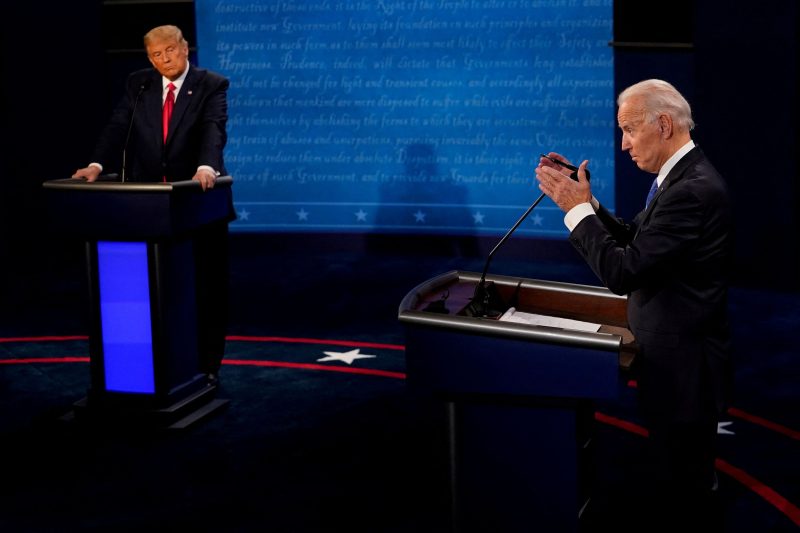In the digital age of widespread information and discourse, the potential impact of debates on voter sentiment has become an increasingly pivotal topic. In contemporary politics, televised debates between candidates have become a popular and highly anticipated medium for presenting policy stances, debating key issues, and appealing directly to voters. While debates have long been a staple of political campaigns, their significance in shaping voter sentiment and influencing electoral outcomes has been the subject of considerable debate itself.
One key aspect to consider is the effect of debates on undecided voters. These debates provide a crucial opportunity for candidates to differentiate themselves and articulate their platforms directly to voters who may still be making up their minds. The chance to see candidates engage in live exchanges on important issues can offer undecided voters a more nuanced understanding of each candidate’s positions, personality, and leadership style. Consequently, debates can serve as a critical moment for undecided voters to assess the competing visions offered by each candidate and make a more informed decision.
Moreover, debates can also play a role in energizing the electorate and mobilizing supporters. The spectacle of a high-stakes debate can generate excitement and interest among voters, encouraging them to engage more actively with the political process. Candidates often strive to deliver strong performances in debates to rally their supporters, inspire confidence in their leadership abilities, and persuade undecided voters of their suitability for office. By leveraging the platform of a debate to communicate their message effectively, candidates can galvanize their base and potentially sway wavering voters to their side.
However, while debates have the potential to influence voter sentiment, their impact is not without limitations and criticisms. Critics argue that debates can sometimes prioritize style over substance, with candidates focusing more on delivering memorable soundbites and winning rhetorical points than engaging in substantive policy discussions. Moreover, the format of debates, with its time constraints and strict rules, can sometimes limit the depth of the discussions and prevent candidates from fully elaborating on complex issues.
In conclusion, the debate continues over the extent to which debates can change the trajectory of voter sentiment. While debates offer a valuable opportunity for candidates to engage directly with voters, differentiate themselves from their opponents, and energize their supporters, their influence on voter behavior remains a complex and multifaceted issue. As the evolving landscape of political communication and media continues to shape the role of debates in the electoral process, their potential to sway voter sentiment will undoubtedly remain a topic of ongoing interest and debate.


























